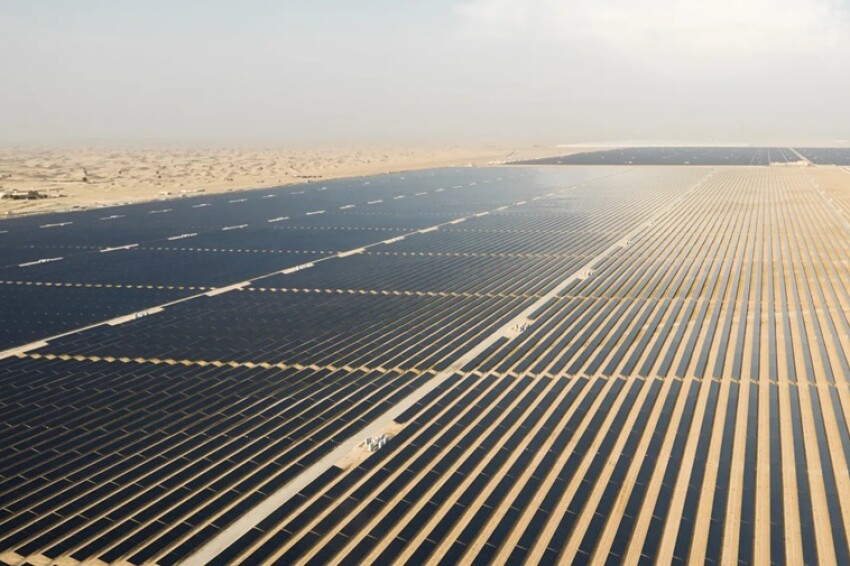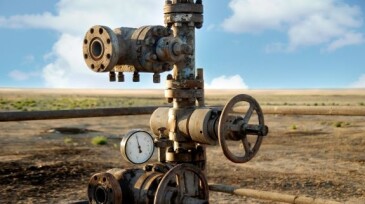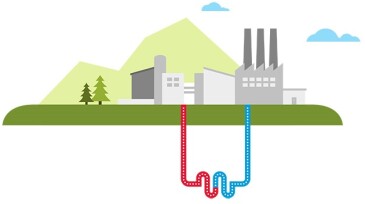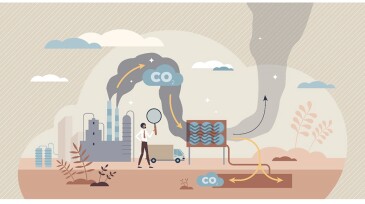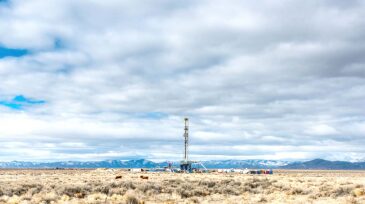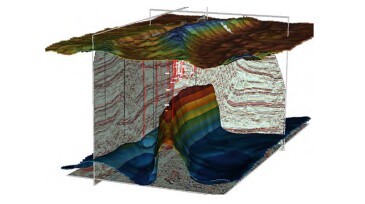Sustainability
The report says the capacity of renewables in the region is set to grow tenfold by 2040 as electricity demand and new sectors drive rapid solar and wind expansion.
This study identifies critical knowledge gaps in wellbore integrity and underscores areas that require further investigation, providing insights into how wellbores must evolve to meet the technical demands of the energy transition.
This study illustrates the new capabilities, tailored for carbon-dioxide storage applications, of a modeling framework that provides a quantitative, risk-based assessment of the long-term integrity of legacy plugged and abandoned wells.
-
Research team pushes toward a framework for managing millions of abandoned oil and gas wells.
-
Putting into action an agreement signed in 2022, the companies will collaborate on the project to test the emerging technology for producing geothermal energy.
-
Under the new agreement, ExxonMobil will capture, transport, and store carbon from Nucor’s direct reduced iron plant in Louisiana.
-
The innovations in the carbon removal space are gaining attention for their potential to curb global climate change, but they each face particular challenges in implementation.
-
Companies licensed to drill in the North Sea will report their findings to regulators under new powers brought forward in an Energy Bill amendment.
-
The agreement seeks to accelerate the deployment of new technology to produce green and low-carbon hydrogen and graphene.
-
The upstream oil and gas industry continues to drive innovation in its quest to solve the monumental challenge of supplying energy to the world in an affordable, secure, and sustainable way.
-
The large US shale producer has officially entered into the renewable energy sector with its largest venture investment yet.
-
The Gas Growth Integrated Project will capture and supply flare gas to generate electricity and treat seawater to manage pressure in oil wells in Iraq’s Basra region.
-
The coupled geomechanical and dynamic flow simulation work flow described in this paper relies on a multidisciplinary approach to meet future peak gas demands and support clean-energy initiatives.

